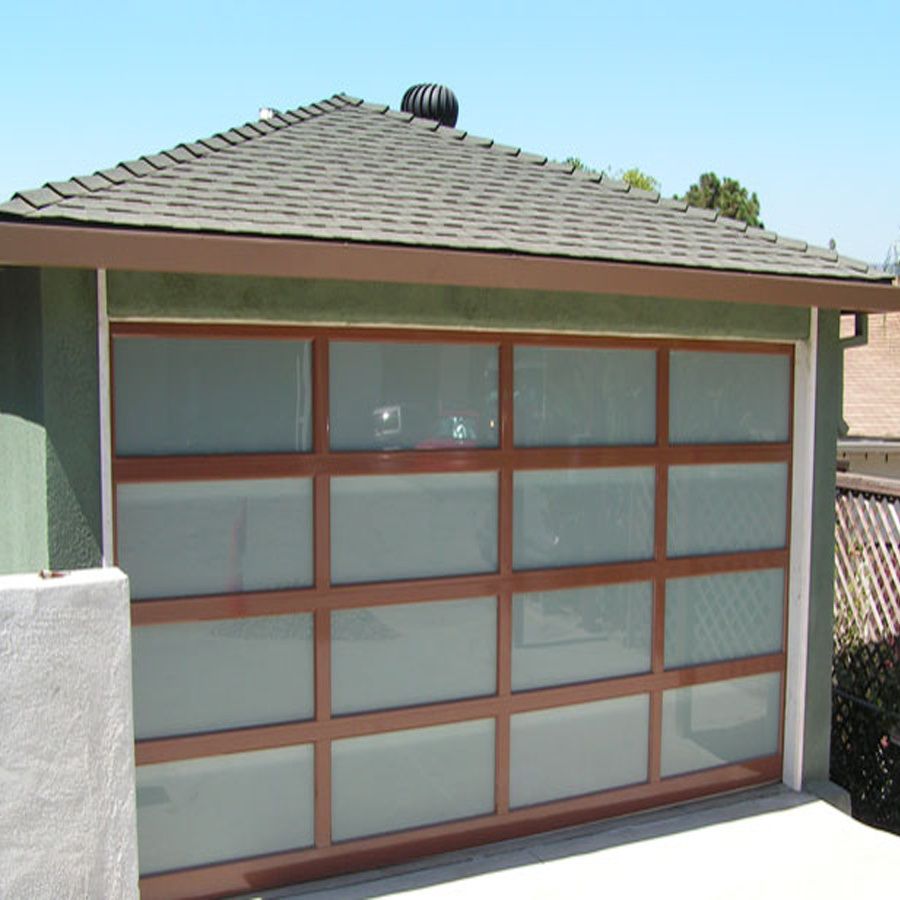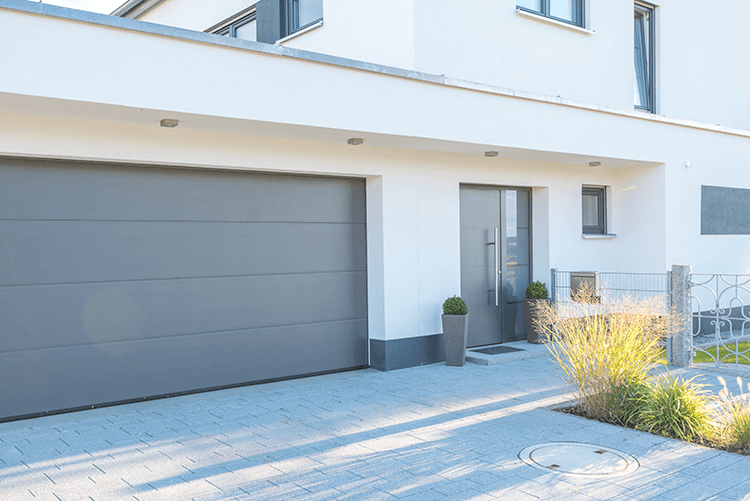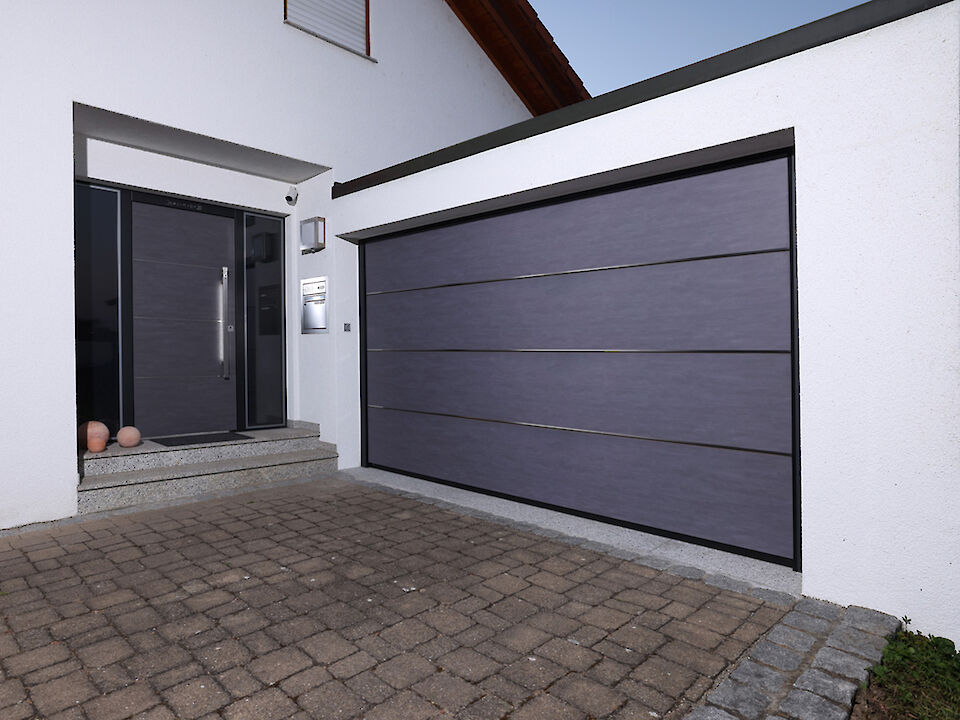English 


Views: 0 Author: Site Editor Publish Time: 2024-09-10 Origin: Site
Garage doors are more than a functional necessity for securing vehicles and storage spaces. They contribute to a home's curb appeal, energy efficiency, and safety. Choosing the right garage door can be daunting with many styles, materials, and features available today. This guide will explore the different types of garage doors, their materials, features, and the key factors to consider when selecting one for your home.

Types of Garage Doors
Garage doors come in various styles, each offering unique benefits and aesthetics. The most common types include:
Sectional Garage Doors are the most popular type in residential settings. They are made of panel sections connected with hinges, allowing them to bend and move along vertical tracks as they open and close. Sectional doors are known for their durability, ease of use, and excellent insulation.
Roll-Up Garage Doors: Typically used in commercial settings, roll-up garage doors are made of slats that roll up into a coil above the door opening. They are highly durable and can withstand heavy usage, making them ideal for high-traffic areas. They are also space-efficient and require minimal overhead clearance.
Side-Hinged Garage Doors: Resembling traditional barn doors, side-hinged garage doors swing open and close from a hinged frame on either side. These doors are easy to operate and can be customized with various materials and finishes. They are ideal for garages with limited headroom or obstructions in the ceiling area.

Sliding Garage Doors: These doors operate by sliding to the side and resting parallel to the wall when open. They are excellent for garages with limited overhead space and offer smooth and quiet operation.
Tilt-Up/Up-and-Over Garage Doors: Available in canopy and retractable styles, tilt-up doors are single-panel doors that lift up and into the garage. Canopy doors extend outward when opened, while retractable doors slide back into the garage. They provide a clean and classic look but require more space to operate.
Materials for Garage Doors
The material of a garage door significantly impacts its durability, maintenance requirements, insulation, and overall aesthetic. Common materials include:
Steel: Steel garage doors are famous for their strength, durability, and low maintenance. They come in various styles and finishes and can be insulated to improve energy efficiency. However, they can be prone to rust and dents if improperly maintained.

Wood: Wooden garage doors provide a classic and timeless appeal, adding warmth and character to a home. They can be customized with different stains, finishes, and designs. However, they require regular maintenance to prevent warping, cracking, and rotting due to exposure to the elements.
Aluminum: Lightweight and rust-resistant, aluminum garage doors are an excellent choice for humid or coastal environments. They are available in modern designs and finishes but can be prone to dents.

Fiberglass: Fiberglass doors are a versatile option that can mimic the appearance of wood without maintenance issues. They are lightweight, resistant to corrosion, and can withstand harsh weather conditions. However, they can crack or fade over time.
Vinyl: Vinyl garage doors are highly durable, low-maintenance, and resistant to dents and rust. They are an ideal choice for homes in areas with extreme weather conditions. However, they have limited design options compared to other materials.
Key Features to Consider
When selecting a garage door, it's essential to consider several features that affect its functionality, safety, and convenience:

Insulation: Insulated garage doors help regulate the temperature inside the garage, making them energy-efficient and comfortable. This is particularly important for homes with attached garages or if the garage is used as a workspace or storage area.
Security: Many homeowners prioritize security. Look for garage doors with robust locking systems, reinforced materials, and intelligent technology options like keyless entry pads and remote monitoring.
Safety Features: Modern garage doors come with several safety features, such as auto-reverse mechanisms that prevent the door from closing on an object or person and sensors that detect obstacles in the door's path.

Design and Customization: Choose a garage door that complements your home's architectural style and enhances curb appeal. Many manufacturers offer customization options, including color, panel design, window inserts, and decorative hardware.
Motor and Opener Systems: A reliable garage door opener is essential for smooth and quiet operation. Consider openers with features like battery backup, smartphone connectivity, and advanced security systems.